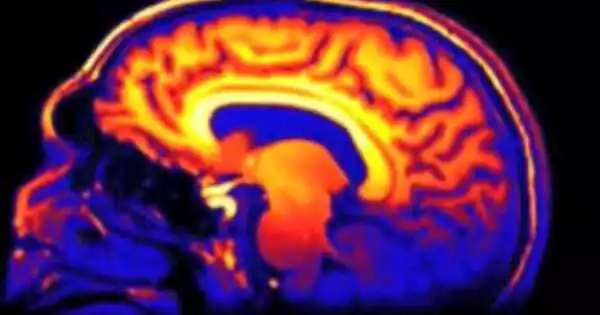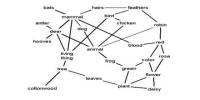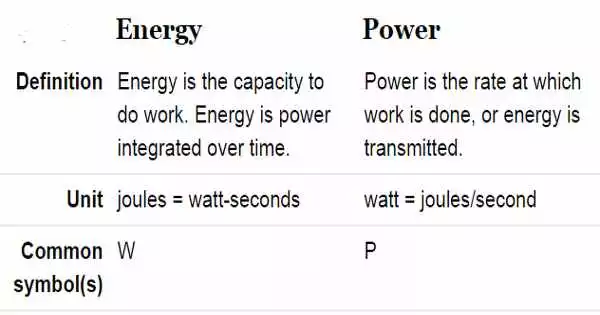Cognitive neuropsychology is a subfield of psychology that studies the connections between brain function and cognitive processes. It is the study of how mental processes are responsible for cognitive abilities such as storing and producing new memories, producing language, recognizing people and objects, and reasoning and problem-solving. It seeks to comprehend how damage or dysfunction in specific brain regions can result in cognitive function impairments. This field is particularly interested in studying people with brain lesions, neurological disorders, or injuries in order to gain insights into how cognitive processes in the brain are organized.
Cognitive neuropsychology focuses on the cognitive effects of brain injury or neurological illness in order to infer models of normal cognitive functioning. Case studies of individual brain-damaged patients with deficits in brain areas and patients with double dissociations provide evidence.
Some key aspects of cognitive neuropsychology:
- Lesion Studies: It frequently entails studying people who have brain lesions as a result of injury, stroke, tumors, or other neurological conditions. Researchers can infer the functions of damaged brain areas by examining cognitive deficits caused by specific brain damage.
- Double Dissociation: The concept of double dissociation is an important principle. This happens when damage to one part of the brain impairs function A but leaves function B intact, while damage to another part of the brain impairs function B but leaves function A intact. This kind of evidence is critical for understanding the brain’s modular organization and specific cognitive functions.
- Functional Localization: It seeks to identify the localization of cognitive functions in the brain. This involves determining which brain regions are responsible for particular cognitive processes, such as memory, language, attention, and perception.
- Neuropsychological Assessments: Researchers and clinicians use neuropsychological assessments to evaluate cognitive functions in individuals with brain damage. These assessments can help identify specific cognitive deficits, which in turn provide clues about the underlying neural mechanisms.
- Rehabilitation: It focuses not only on understanding deficits but also on developing rehabilitation strategies. Researchers can design interventions to help people with cognitive impairments regain or compensate for lost functions by understanding the brain’s plasticity and the potential for recovery.
Two patients and two tasks are involved in double dissociations. One patient is impaired at one task but normal at another, while the other is normal at one but impaired at the other. Patient A, for example, would be poor at reading printed words but normal at understanding spoken words, whereas patient B would be normal at understanding written words but poor at understanding spoken words.
Scientists can use this data to explain why there is only one cognitive module for word comprehension. Researchers conclude from studies like these that different areas of the brain are highly specialized. Cognitive neuropsychology differs from cognitive neuroscience in that both are interested in brain-damaged patients, but cognitive neuroscience is more focused on uncovering the neural mechanisms underlying cognitive processes.
















